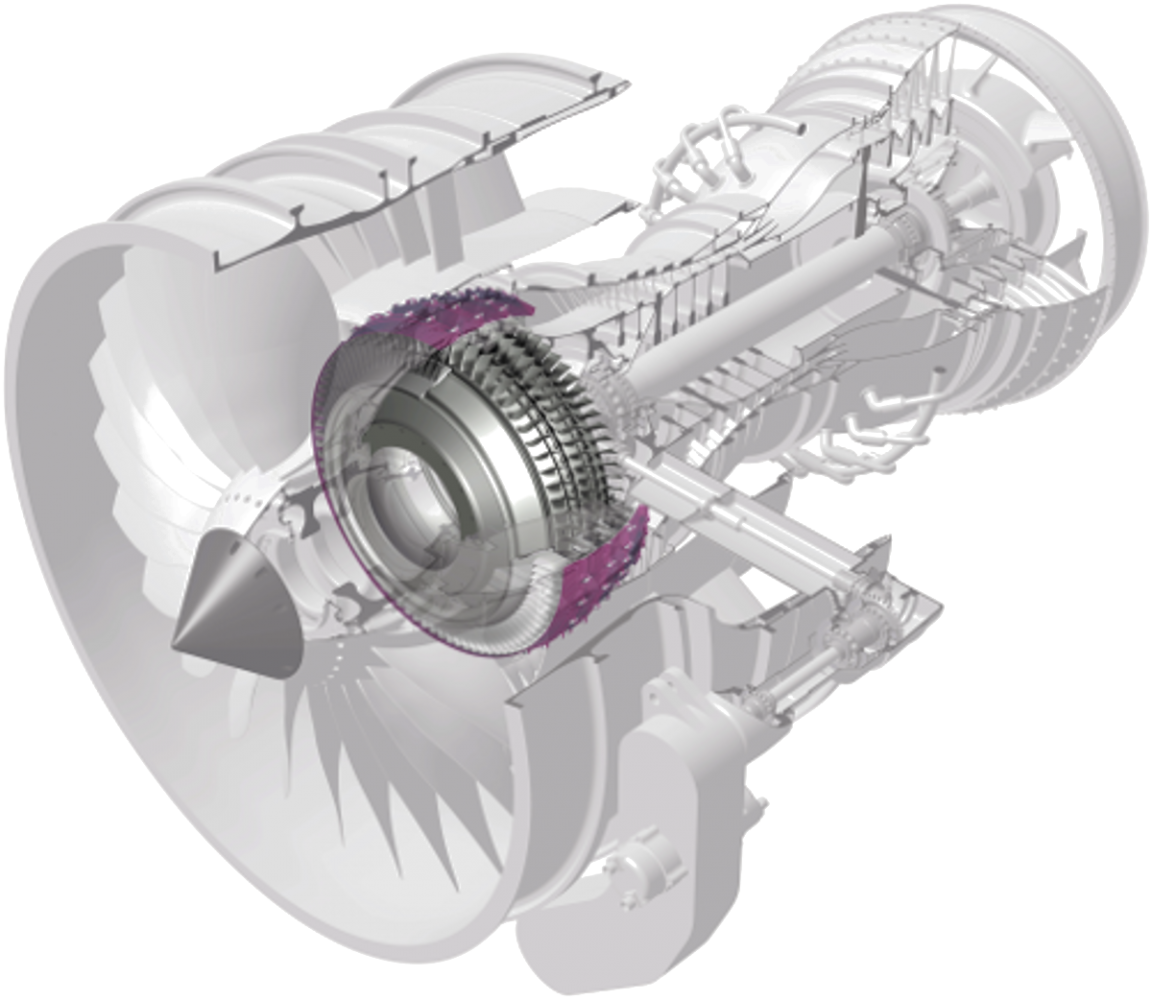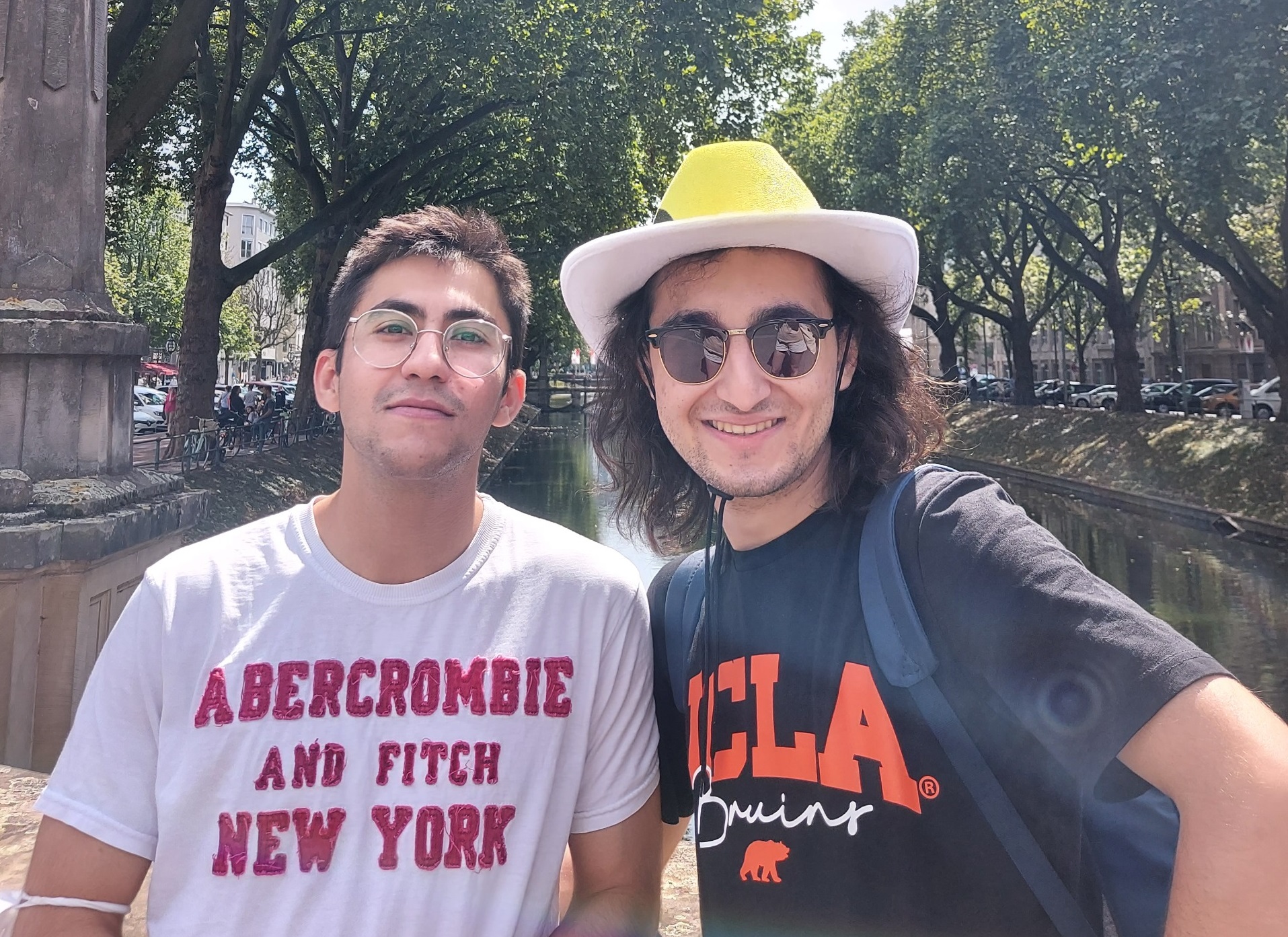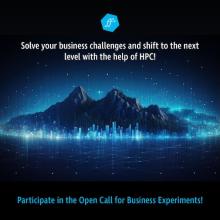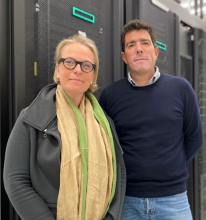LUMI BE USER DAY 2025
On December 17th, 2025, the third edition of the LUMI-BE User Day was organised in the Marie-Elisabeth Belpaire Building, Bd Simon Bolivar 17, Brussels.
It was jointly organised with the VSC (the Flemish Supercomputer Center) Users Day.
The LUMI-BE parallel session contained experiences and inspiring stories from LUMI users.
You can view the presentations by clicking on the topic in the program (only Laurent Bricteux's presentation is not available yet).









